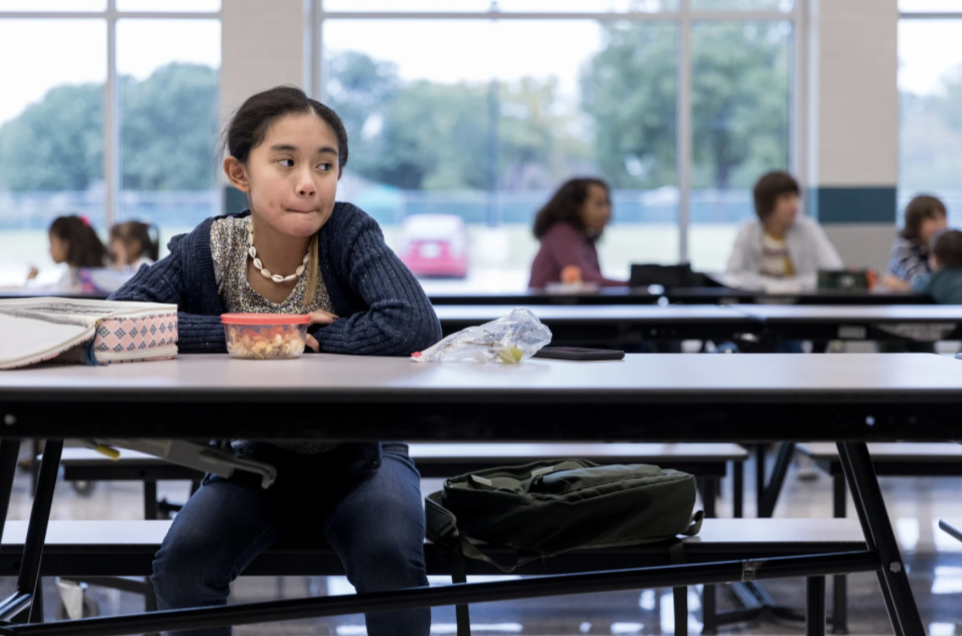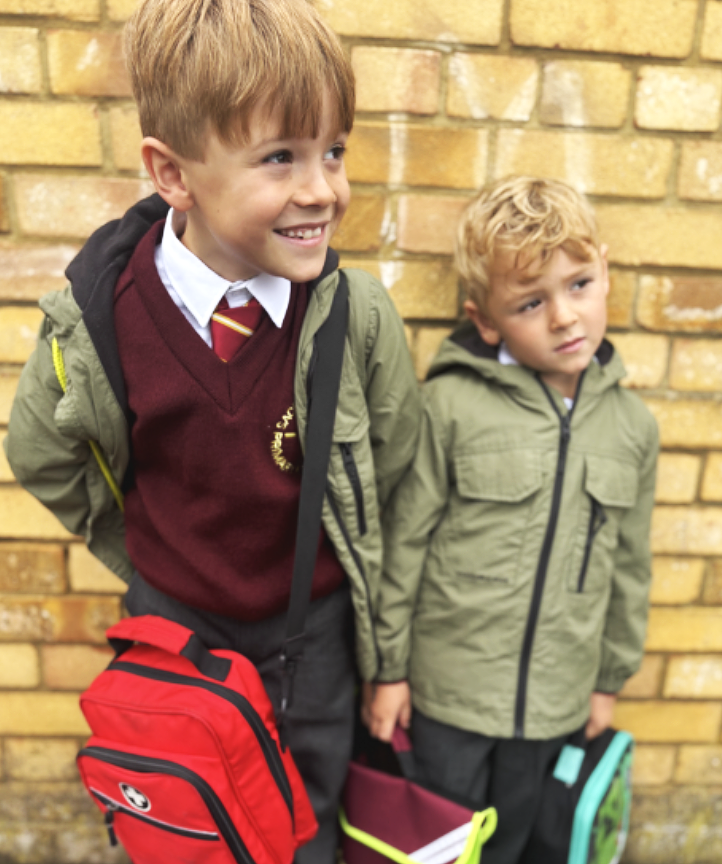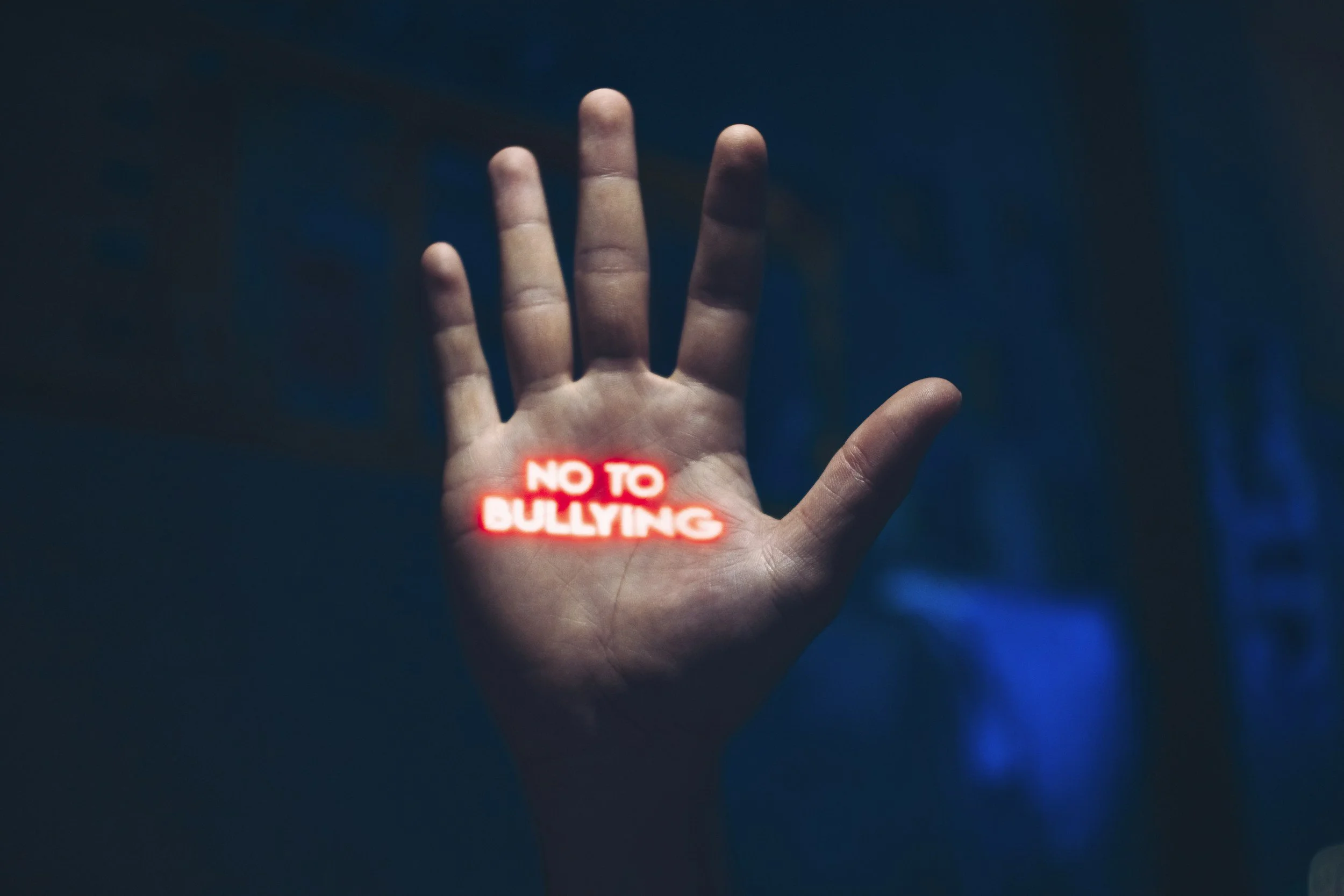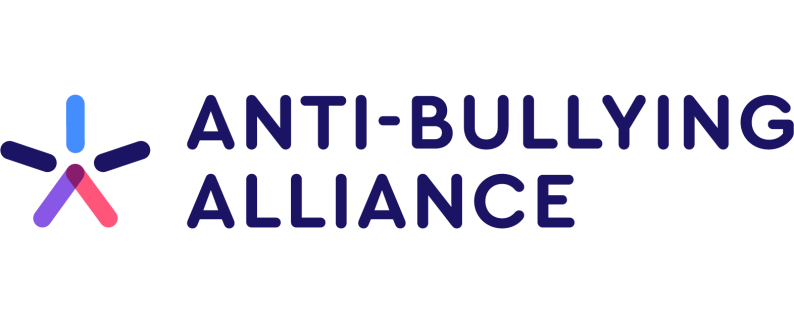Say No to Food Allergy Bullying
Stand Up for People with Food Allergies this Anti-Bullying Week
Bullying is never acceptable.
Food Allergy Bullying: A Hidden but Serious Problem
Bullying is never acceptable. But for people living with food allergies, it is not just teasing or name calling; it can mean exclusion, fear, and even physical danger.
This Anti-Bullying Week (10–14 November ), The Natasha Allergy Research Foundation is sharing real stories of food allergy bullying and calling for change because everyone deserves to feel safe and included.
We are proud to support the work of the Anti-Bullying Alliance, the official organiser of Anti-Bullying Week, which this year has the theme #PowerForGood.
Food Allergy Bullying in Numbers
Around 2.4 million adults and one in 13 children in the UK have a food allergy.
A survey by The Natasha Allergy Research Foundation found that 75% of people with food allergies have faced discrimination because of their condition.
Half of parents said they or their child had been the subject of jokes or teasing about their allergies.
49% reported dismissive reactions such as tuts or eye rolls.
A third of parents of allergic children have considered home schooling due to concerns for their child’s safety.
Food Allergy bullying is a reality many children and adults face every day
What Does Food Allergy Bullying Look Like?
Food allergy bullying can take many forms.
Sometimes it is deliberate, such as joking with unsafe foods, and sometimes it is subtle, like being:
Left out of school trips or birthday parties
Denied safe food options at school or work
Called “fussy” or “overreacting”
Ignored when explaining their condition
“Food allergies are not a choice or a preference. They are a serious medical condition that can be life-threatening. We do not make jokes about people with other medical conditions, and nor should we about those living with food allergies. By educating the non-allergic public, we can change this narrative and build a culture of kindness and respect.”
- Tanya Ednan-Laperouse OBE, co-founder of The Natasha Allergy Research Foundation
Real Stories: Food Allergy Bullying in Everyday Life
Billie Hoque has two sons who have food allergies
Billie Hoque is Mum to Jess and Jude who both have Food Allergies
“My two sons both live with food allergies. Jess, who is eight, has a severe milk allergy that can cause anaphylaxis. Jude, who is six, is allergic to milk, bananas and avocados.
Jess once came home and told me another child said he could not come to a birthday party because of his allergies. Jude was told, ‘Having allergies just means you do not like it,’ and later had yoghurt shoved in his face.
These experiences cause deep anxiety and sadness. No parent should have to send their child to school wondering if they will be safe.”
Anna Shaw has a Daughter with a Severe Nut Allergy
“My daughter has a severe airborne nut allergy. Even the smallest trace can trigger anaphylaxis. Yet she is often made to feel like a burden.
She has been turned away from restaurants for being ‘too risky,’ made to sign waivers at coffee shops, and even refused flights by major airlines.
These experiences have left her excluded and anxious. We need greater understanding and inclusion, not fear.”
Another allergy parent explained her daughters life, living with an egg allergy
“My seven-year-old daughter was chased with ‘egg hands’ at school and left anxious and frightened. Staff did not know whether to use her EpiPen.
Later, the school suggested she wear a high-visibility vest at lunchtime so others would ‘know about her allergy.’ She was labelled as different and excluded from many meals.”
Inclusion is about more than awareness; it is about care, understanding and meaningful action.
Stand up to food allergy bullying
How to Help End Food Allergy Bullying
✅ Take it seriously. Food allergy bullying can lead to isolation, anxiety, and mental health challenges.
👀 Spot the signs. If your child avoids school or friends, it could be a sign they are being bullied.
🏫 Encourage allergy-safe spaces in schools and workplaces.
📣 Raise awareness. Teach others that food allergies are medical conditions, not choices.
📋 Adopt strong anti-bullying policies that include food allergies.
💬 Be kind and respectful. Avoid dismissive comments like “being fussy.”
🌍 Use education as power. Explore The Natasha Foundation’s Allergy School resources to teach understanding and empathy.
Join Us This Anti-Bullying Week
This Anti-Bullying Week, let us stand together to stop food allergy bullying.
Everyone deserves to feel safe, included, and respected in schools, workplaces, and communities.
💜 Share your story: Email info@narf.org.uk
🔗 Learn more about Anti-Bullying Week 2025: anti-bullyingalliance.org.uk/anti-bullying-week-2025











